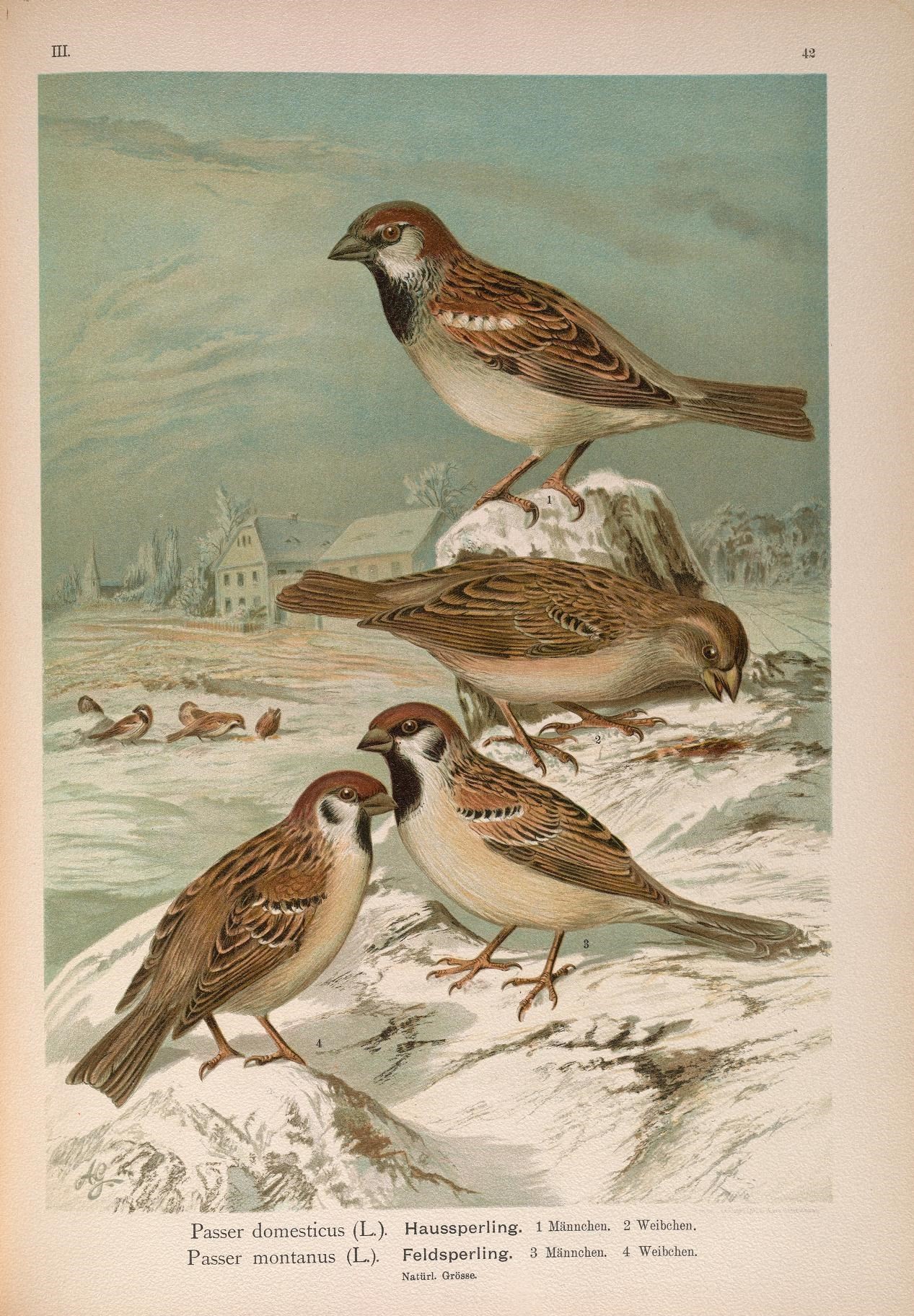Series - Holocene Histories: Humans, Plants, Animals
Holocene Histories considers relations between humans and other lifeforms (animals, plants, fungi, bacteria etc.) as part of larger ecological processes. It wants to study how ecosystems functioned in the past by focusing on interactions between living beings. The series particularly encourages the submission of manuscripts that examine shifting historical baselines, the history of biodiversity (genetic variability; species, ecosystem or phylogenetic diversity), the importance of humans as an evolutionary factor in the past, and studies in historical biogeography (reconstructing the historical range of one or more species and changes therein).
• Studies that consider subjects such as human perceptions of animals/plants/fungi, animals/plants/fungi as trade commodities, climate change, landscape change, the history of knowledge/science, and the history of disease/medicine are welcome, provided that the manuscript also devotes substantial attention to ecological processes at the species or community level.
• It accepts manuscripts that analyze historical changes or developments, broadly defined as the Holocene up to the mid-twentieth century. Manuscripts can consider more recent developments as well, but these should not be their main focus.
• The series has no geographical restrictions, and accepts studies on any part of the globe, and any type of ecosystem.
• It welcomes both multidisciplinary or interdisciplinary research, but has a strong preference for the latter. Interdisciplinary research does not just draw on different disciplines, but actually integrates them into a coherent framework.
• Manuscripts should have a clear narrative structure, even when primarily drawing on quantitative methods of analysis.

Series Editors
Dr. Sander Govaerts (Ghent University and Georg-August-Universität Göttingen)
Dr. Claire Weeda (Leiden University)
Dr. Johannes Müller – Leiden University
Editorial Board
-Prof. dr. Andrea Gaynor (The University of Western Australia, Environmental History).
-Dr. Gertrud Haidvogl (University of Natural Resources and Life Sciences Vienna, Environmental History and Historical Ecology of Rivers).
-Prof. dr. Bila-Isia Inogwabini (Swedish University of Agricultural Sciences and Catholic University of Congo, Biodiversity Conservation and Human Occupation History).
-Prof. dr. Thijs Lambrecht (Ghent University, Late Medieval and Early Modern Rural History).
-Dr. Rob Lenders (Radboud University Nijmegen, Historical Ecology).
-Dr. Loren McClenachan (University of Victoria, Historical Marine Ecology).
-Dr. John K. Millhauser (North Carolina State University, Archaeology and Anthropology).
-Prof. Dr. Taddeo Rusoke, (Nkumba University, Conservation Sciences).
-Dr. Péter Szabó (Institute of Botany of the Czech Academy of Sciences and Masaryk University, Environmental History and Historical Ecology).
-Prof. dr. Samuel Turvey (Institute of Zoology, Zoological Society of London).





